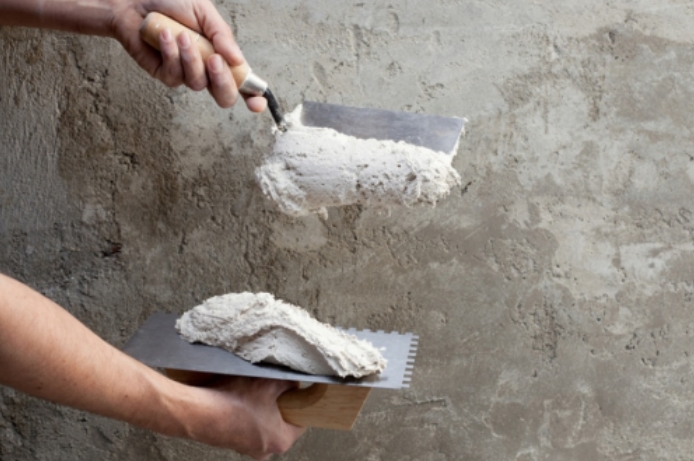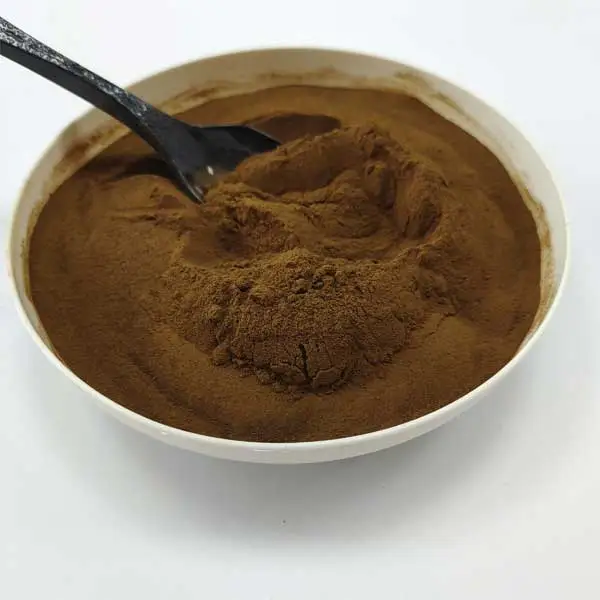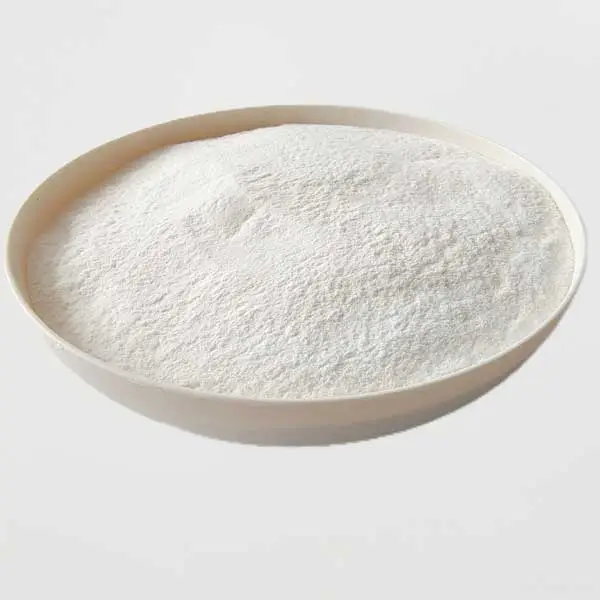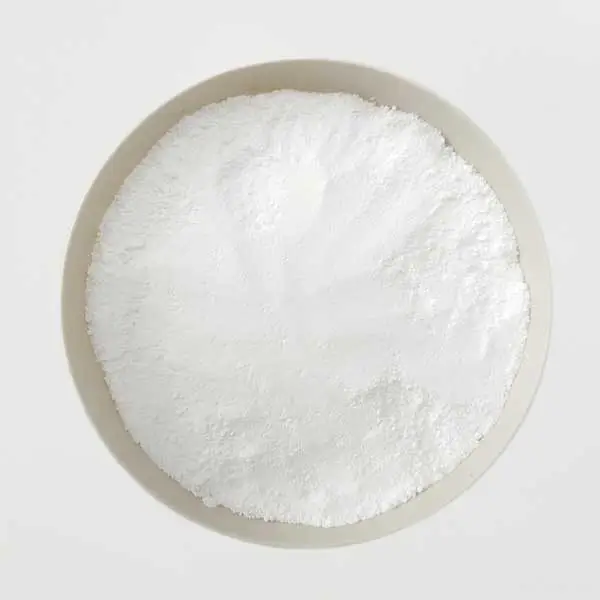(1) Enhance bonding strength, tensile strength and flexural strength.
Redispersible polymer powder can significantly enhance the bonding strength of mortar, and the greater the addition amount, the better the improvement effect. However, the compressive strength will decrease. Therefore, there exists an optimal addition amount range. Due to the high price of redispersible polymer powder, the larger the addition amount, the higher the cost of dry-mixed mortar. Therefore, cost should also be taken into consideration. High bonding strength has a certain inhibitory effect on shrinkage, and the stress generated by deformation is easy to disperse and release. Therefore, bonding strength is very important for improving crack resistance. The results show that the synergistic effect of cellulose ether and polymer powder can enhance the bonding strength of cement mortar.

(2) Reduce the elastic modulus of mortar to endow brittle cement mortar with a certain degree of flexibility.
The elastic modulus of redispersible polymer powder is relatively low, ranging from 0.001 to 10GPa. The elastic modulus of cement mortar is relatively high, ranging from 10 to 30GPa. Therefore, the addition of polymer powder will reduce the elastic modulus of cement mortar. However, the type and amount of polymer powder can also affect the elastic modulus. Under normal circumstances, as the cement-cement ratio increases, the elastic modulus decreases and the deformation capacity increases.
(3) Enhance water resistance, alkali resistance, wear resistance and impact resistance.
The reticular membrane structure formed by polymers seals the holes and cracks in the cement mortar, reduces the porosity of the hardened body, and improves the air permeability, water resistance and frost resistance of the cement mortar. With the increase of the polymer-cement ratio, the effect is enhanced. The improvement of wear resistance is related to the type of polymer powder and the dosage of polymer cement. Generally speaking, as the ratio of polymer to cement increases, the wear resistance also increases.
(4) Enhance the water retention of mortar and reduce water evaporation.
The polymer emulsion formed by dissolving the redispersible polymer powder in water is dispersed in the mortar. After curing, a continuous organic film is formed in the mortar. This layer of organic film can prevent the migration of water, thereby reducing the loss of water in the mortar and playing a role in water retention.
(5) Reduce cracking.
The elongation and toughness of polymer-modified cement mortar are far superior to those of ordinary cement mortar, and its fracture performance is more than twice that of ordinary cement mortar. The impact toughness increases with the increase of the cementation ratio. With the increase of the addition amount of polymer powder, the flexible buffering effect of the polymer can inhibit or delay the development of cracks and has good stress dispersion.

 English
English 





